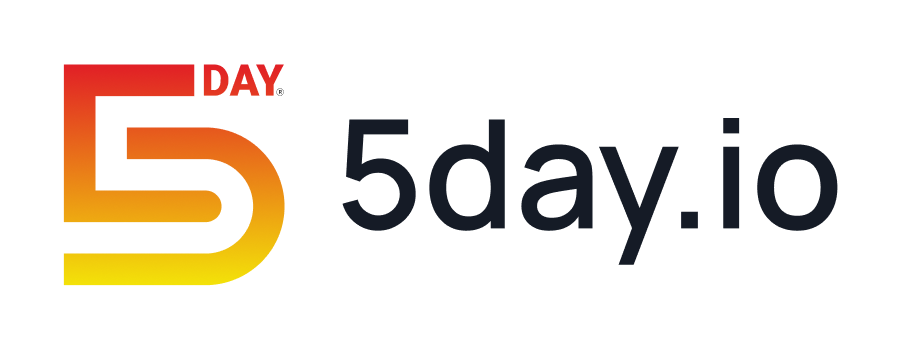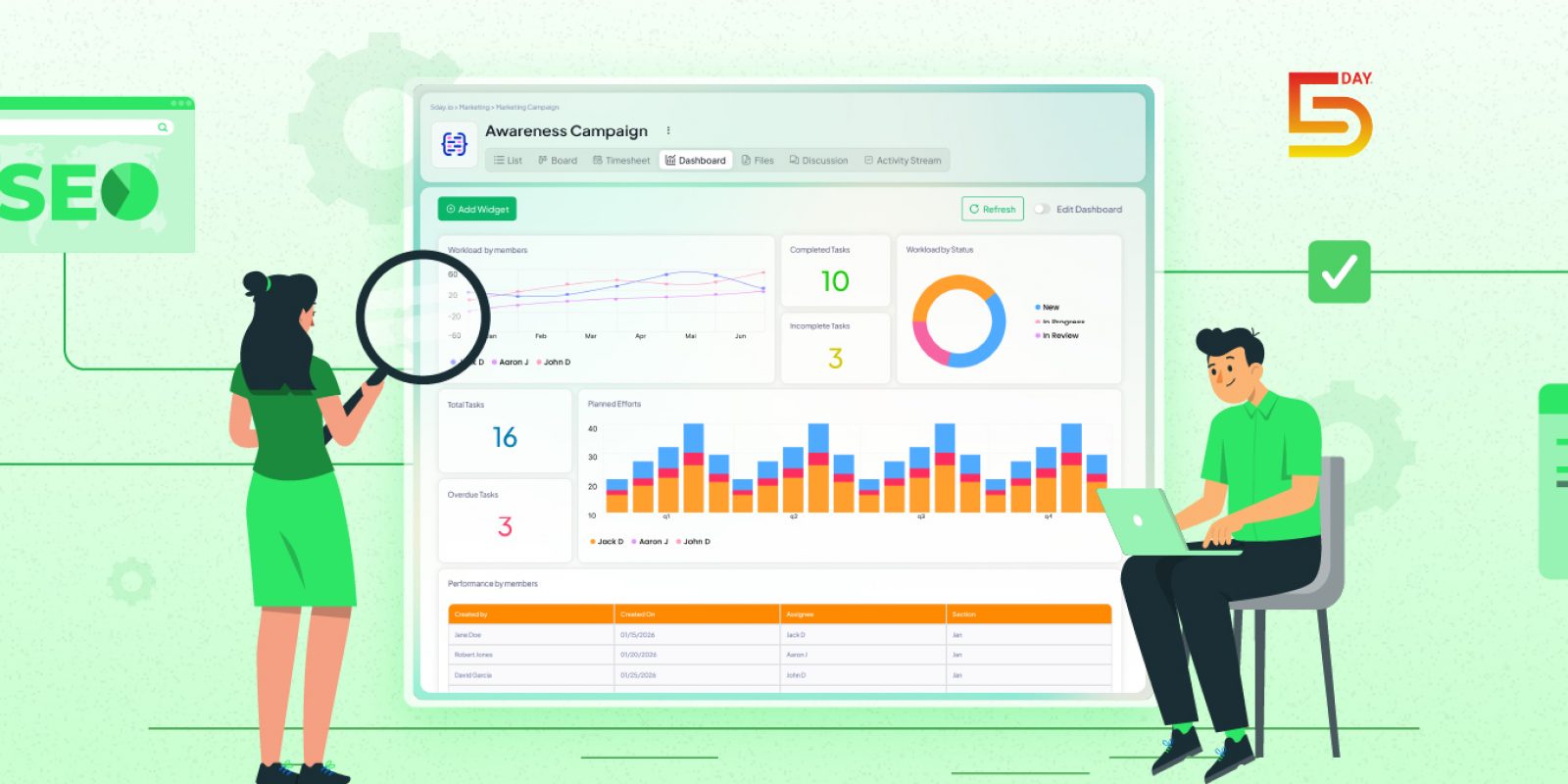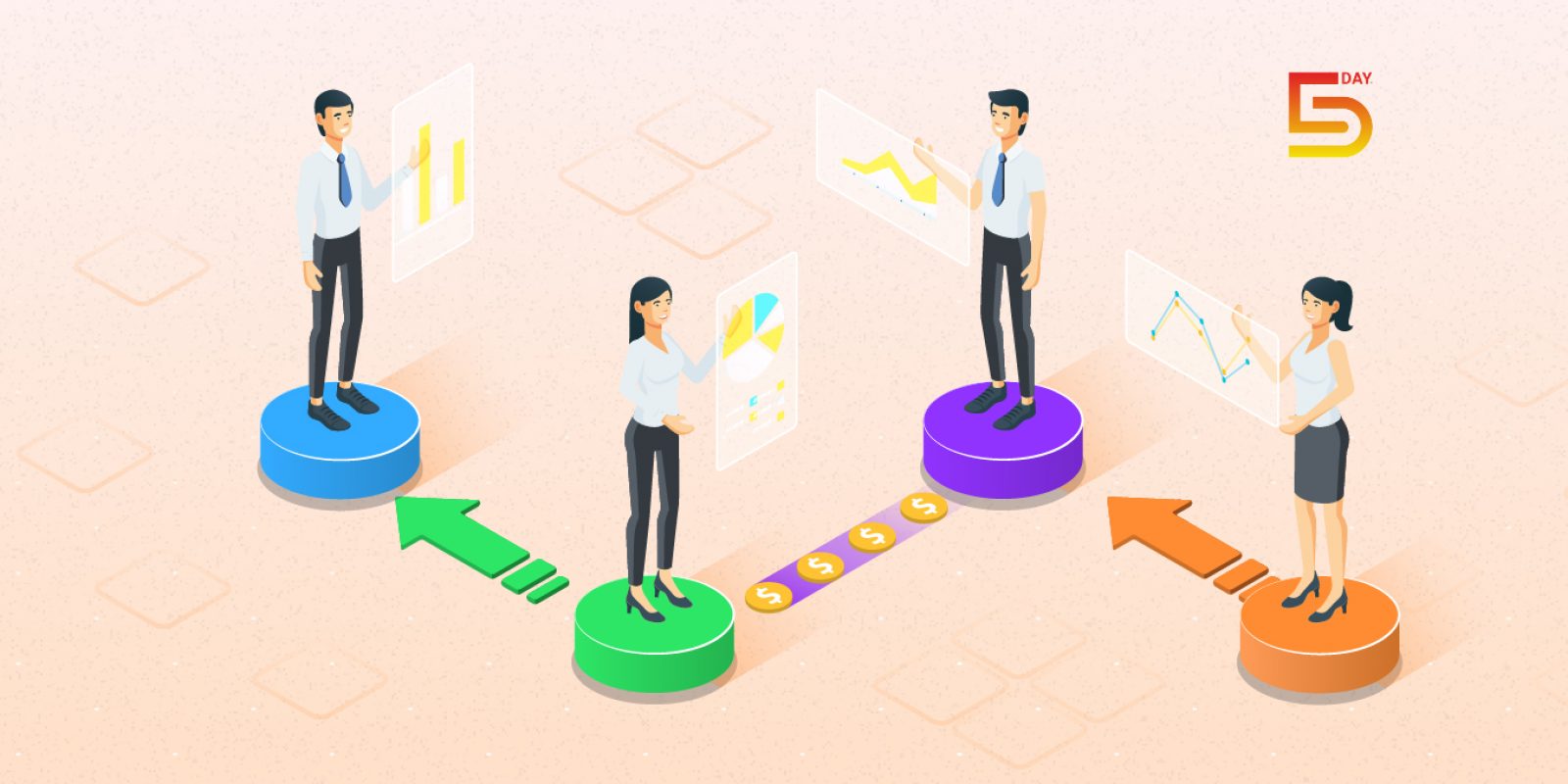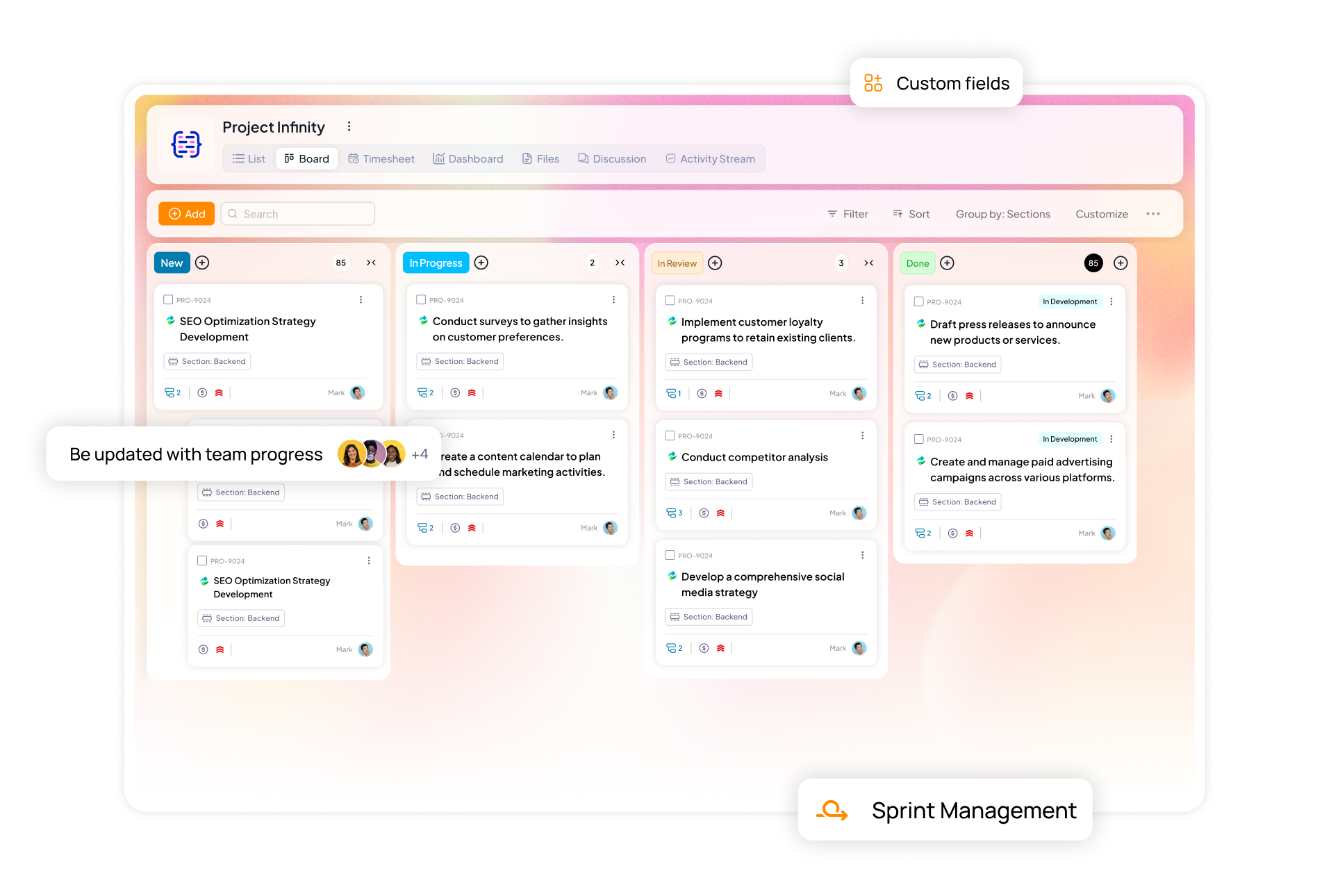Project management is a strategic linchpin that outlines the trajectory of any project and determines the likelihood of its success and failure.
According to Project Management Institute, the project management discipline is projected to grow with an increase of 33% by 2027. This growth highlights the importance of project management towards the success of any projects at hand in future.
Successful projects mean that these projects are delivered on time, within budget and conform to the expected quality. This includes planning, risk management, collaboration, resource allocation, and stakeholder engagement. Conversely, poor project management can lead to disastrous outcomes.
Another PMI study suggests that organizations that don’t properly include project management in their strategy have a 60% higher rate of failure. This blog will uncover the broader implications and essential strategies in project management today.
What is project management
Association of Project Management defines project management as the application of process, methods, skills, knowledge, and experience to achieve specific project objectives. The delivery should be based on acceptance criteria and within parameters like timespan and budget.
A basic project management lifecycle covers 5 stages:
- Initiation: It includes project’s purpose, scope, objectives, and clients buy-in.
- Planning: This provides a roadmap that covers tasks, deadlines, resources, and risk management.
- Execution: It aids in driving momentum of the project, coordinating resources, and managing tasks to achieve project deliverables.
- Monitor & Control: It involves tracking progress, workload, time, while staying on top of project data.
- Closure: Final phase includes the delivery of the project and celebrating success.
Why is project management important
Project management helps organizations to manage and control all the moving variables of the projects, to bring them to successful completion. Thus, investing in robust project management processes and skills can provide competitive advantage and baseline for success.
Improved Communication and Collaboration
Effective project management improves communication and collaboration among all the project members and stakeholders. This alignment minimizes ambiguity, misunderstandings, and ensures cohesive efforts are made towards shared goals.
5day.io platform offers a single hub to collaborate, provide feedback and mention team members on all project related tasks. It reduces the need for email threads, chats or other fragmented information.

Files feature serves as a single source of truth, a unified repository for all project related files, data, and more.

Take the next step: Try 5day.io for free.
Risk Mitigation and Management
Project management involves the early identification and management of potential risks in the project lifecycle. By proactively developing strategies to mitigate these risks, project managers can keep projects moving, even in the face of uncertainties or challenges.
Example:
Take Debbie, an industrious marketing manager at a leading consumer goods company. She charted a new marketing campaign to acquire the market share of her product from the rivals. To her surprise, entries of various new startups are eating most of the share due to their local offerings and shift in consumer preference. Risk mitigation strategies allow Debbie and her team to do contingency plans and conduct risk analysis, so that projects do not deviate in case of any unprecedented challenges.
Efficient Resource Allocation
Effective project management facilitates the optimization of resource allocation. Regular assessment and utilization of resources enable project managers to address potential shortages or any surplus, hence lessen delays and avoid unnecessary costs, which is crucial for project efficiency.
Example:
Case study: Ambidexterity in Agile Software Development (ASD) Projects
This study examines how a software development organization successfully balances the need for inherent tension between continuous process and change within their Agile teams.
Problem: To achieve a balance between existing knowledge and processes while simultaneously boosting innovation and adapting to new information.
Solution: The organization implemented a multi-faceted approach into their Agile DNA.
Key initiatives included:
- Creating a Shared Understanding: Foster a culture that openly acknowledges and values both continuous process and change.
- Strategic Resource Allocation: Dedicate resources to support both activities.
- Breaking Down Silos: Promote cross-functional collaboration and knowledge sharing between teams.
- Embracing Feedback and Iteration: Establish feedback loops, evaluate initiatives, and use data to drive continuous improvement.
- Leadership Buy-in: Secure visible leadership support for agile practices and a culture of experimentation and learning.
Outcome: By using this strategy, the organization was able to effectively balance stability and innovation, leading to improved agility, enhanced adaptability, and ultimately, a more successful Agile transformation.
Continuous Oversight
Project Management is important because it ensures project progress is tracked and reported properly. It helps in meeting the deadline and managing the costs. According to PMI 2021, 9.4% of every dollar wasted due to poor project performance. That underscores the need for project management.
5day.io Time Tracking tool allows you to track the time spent on different tasks and activities.

5day.io’s features like Analytics help teams to understand the project data, make informed decisions and stay on top of data
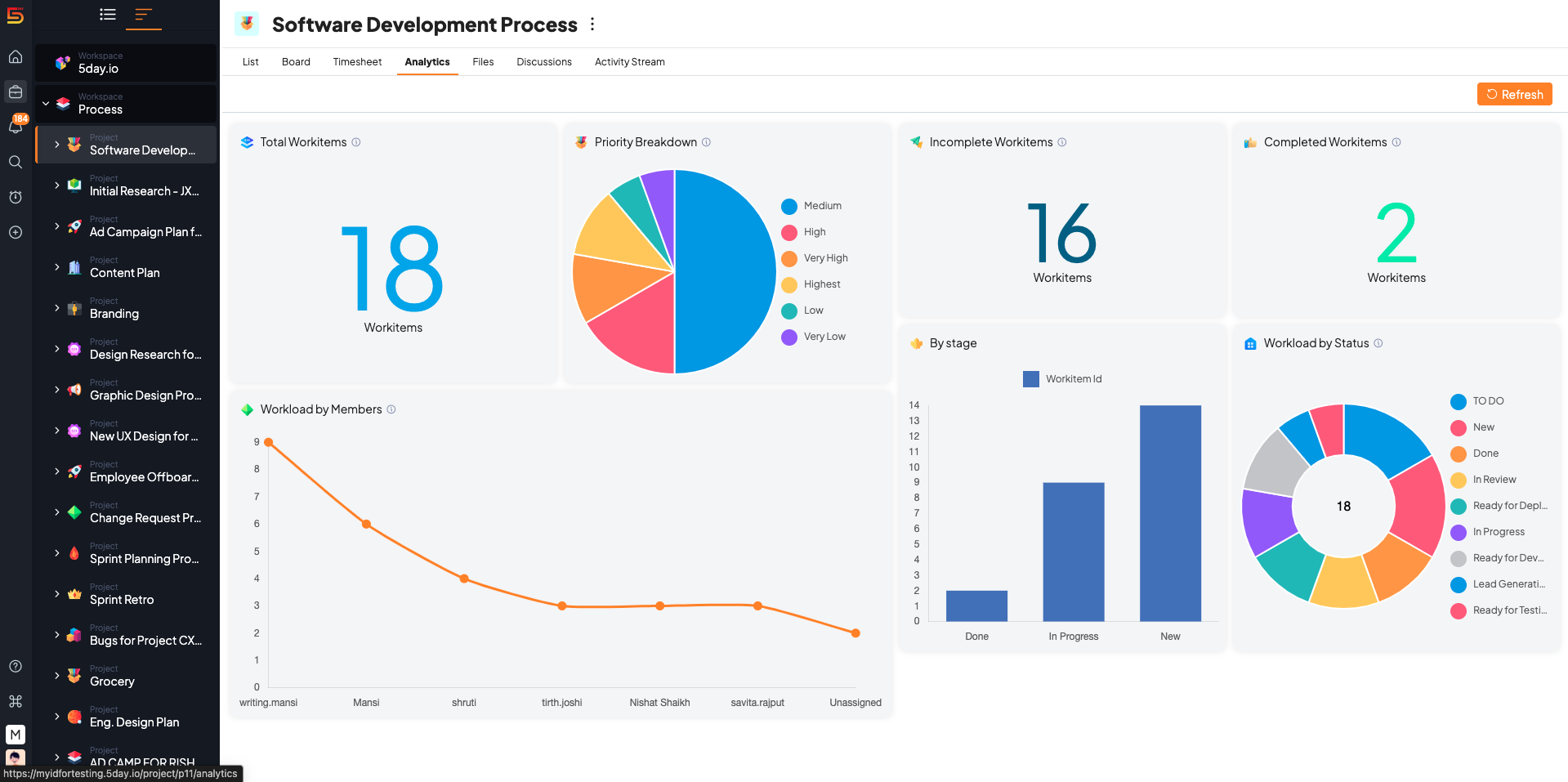
Improved Customer Satisfaction
Successful project management ensures on-time, on-budget delivery of high-quality outputs, which leads to increased customer satisfaction. This aspect of project management nurtures long term relationships with clients and encourages repeat businesses that are necessary for growth and success.
In 5day.io, you can onboard clients and other stakeholders at the onset of project planning. This will speed up the review process, feedback and thus superior delivery of the project.
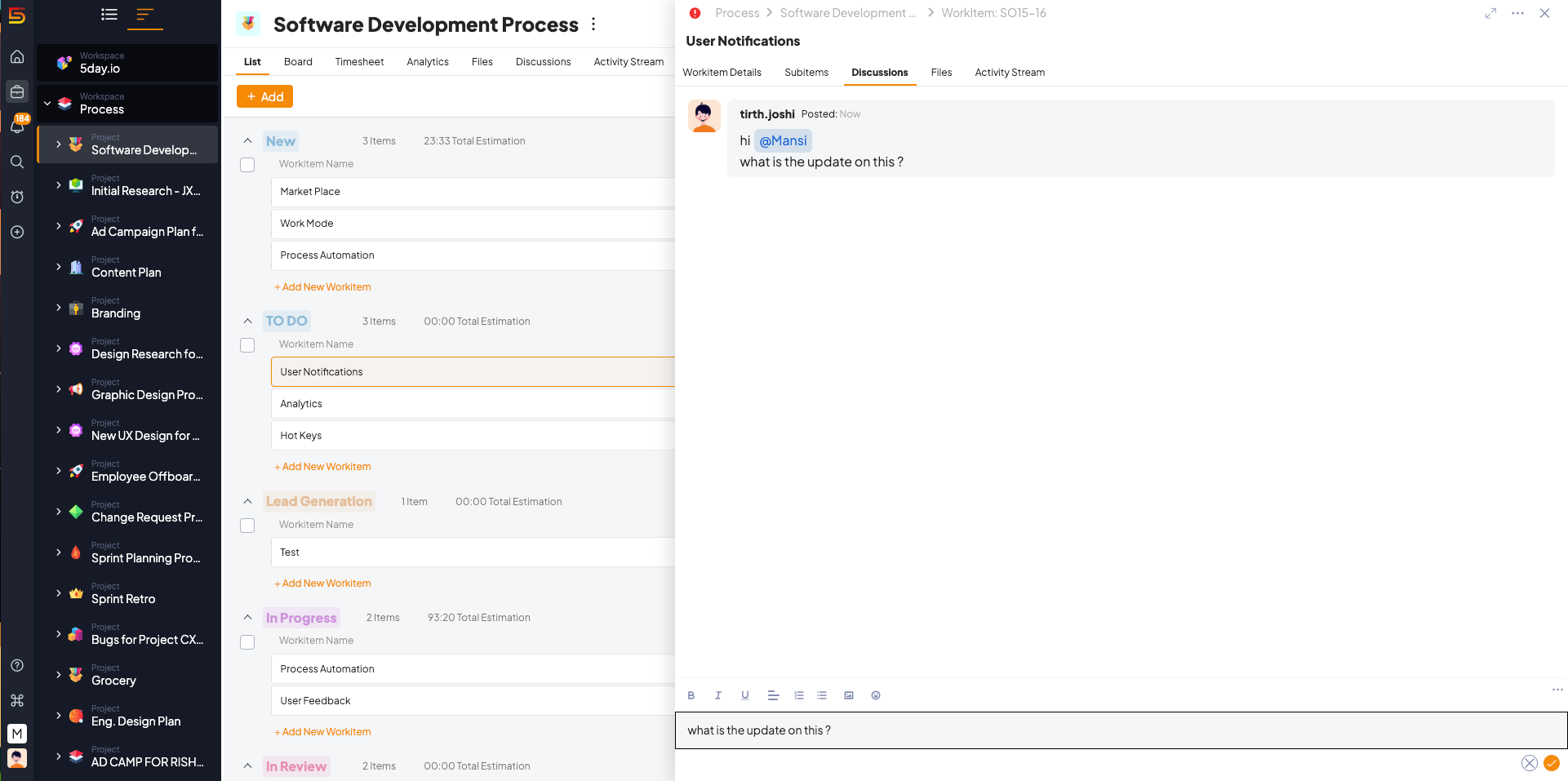
Strong Leadership and Accountability
The role of project manager is becoming strategic and warrants strong leadership and accountability within projects. They drive projects through the timelines, manage constraints, coordinate workloads across teams and ensure everyone is aligned towards shared goals.
Project Managers also provide a unified vision and lead teams to excel in their roles. This fosters the culture of clarity, accountability and drives project success.
“If your organization is not good at project management, you’re putting too much at risk in terms of ultimately delivering on strategy.
~Mark A. Langley, PMI President and CEO
Benefits of project management
The core benefit of project management lies in providing a structured framework that increases the likelihood of project success.
- Delivering Value: Project management empowers organizations to consistently complete projects on time, within budget, and according to specified benchmarks. This ensures that projects deliver their intended value and contribute to strategic goals.
- Optimizing Resource Utilization: By carefully planning, allocating, and monitoring resources, project management minimizes waste and maximizes efficiency. This ensures that resources are used strategically and effectively.
- Mitigating Risks: Project management methodologies are designed to identify and address potential risks proactively. This approach minimizes disruptions, prevents costly overruns, and keeps projects on track.
- Improving Collaboration: Project management processes increase transparency, accountability, and communication for teams working in the office or remotely.
- Enhancing Decision Making: Project management provides full visibility on who’s working on what, priorities, status of project, and due dates. These insights help to make timely and informed decisions to keep projects on track and drive successful outcomes.
Project management software like 5day.io helps teams manage projects, tasks, and collaboration effectively. To get the most out of your project management initiatives, try 5day.io for free
Frequently Asked Questions
What is the Goal of Project Management?
The goal of project management is to deliver successful projects. It involves effectively managing constraints such as project scope, time, cost, and quality.
What is the Role of a Project Manager?
A project manager is the orchestrator of project success. He is responsible for driving projects from start to finish, managing the team, ensuring all goals are met within time, budget, and quality standards.
Who Uses Project Management?
Project management as a discipline is applied across industries and companies. From organizing tasks to launching new products, project management skills help individuals and teams to achieve their goals effectively.
What Tools are Used in Project Management?
- Planning and scheduling
- Collaboration and communication
- Task Management
- Risk Management
- Resource Allocation
- Monitoring & Reporting
Want to start your project management journey?
Start now and try all the premium features free for 30 days.
